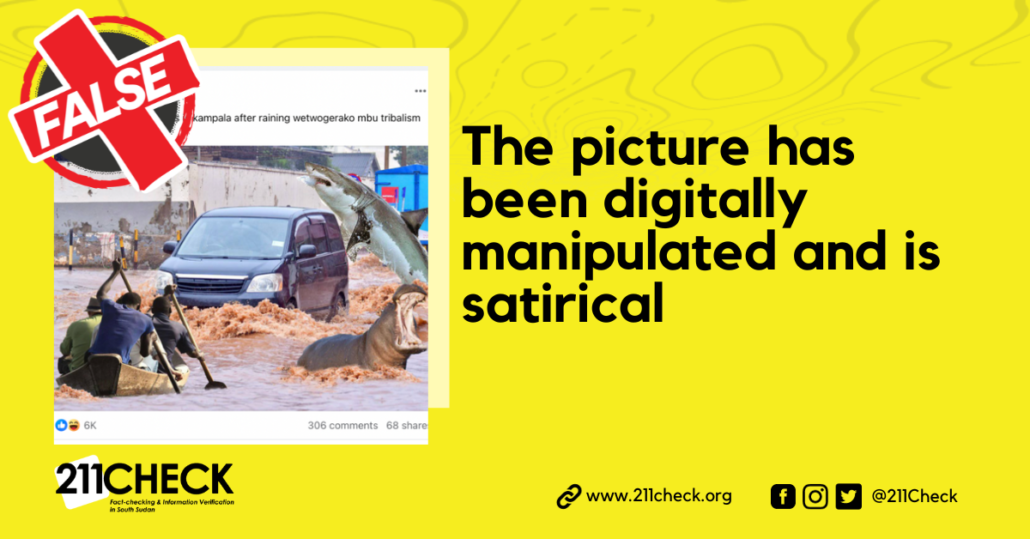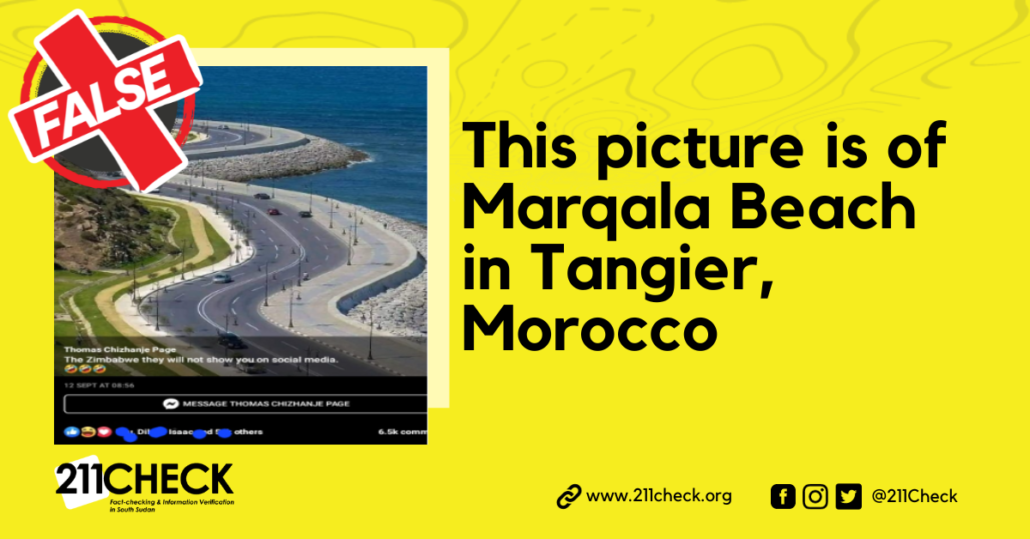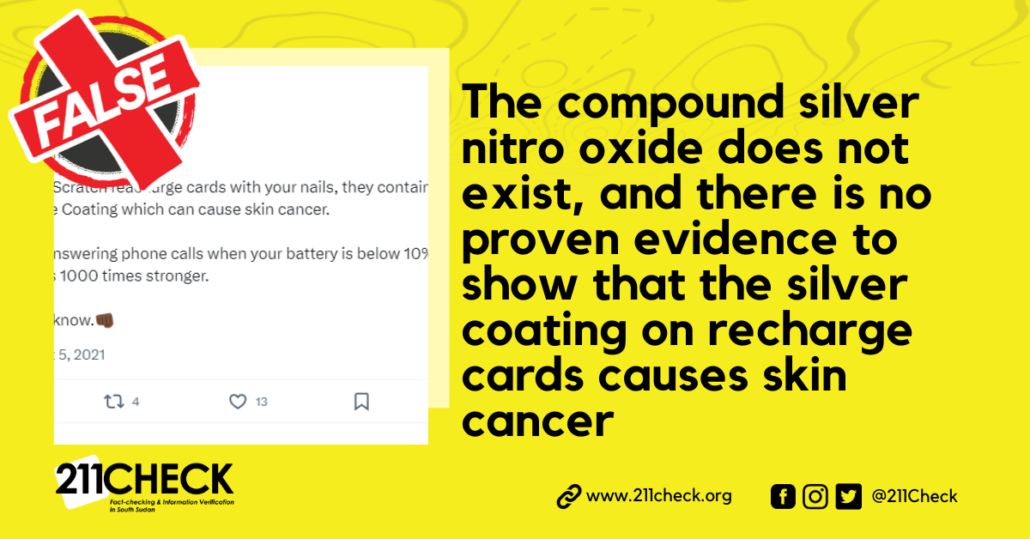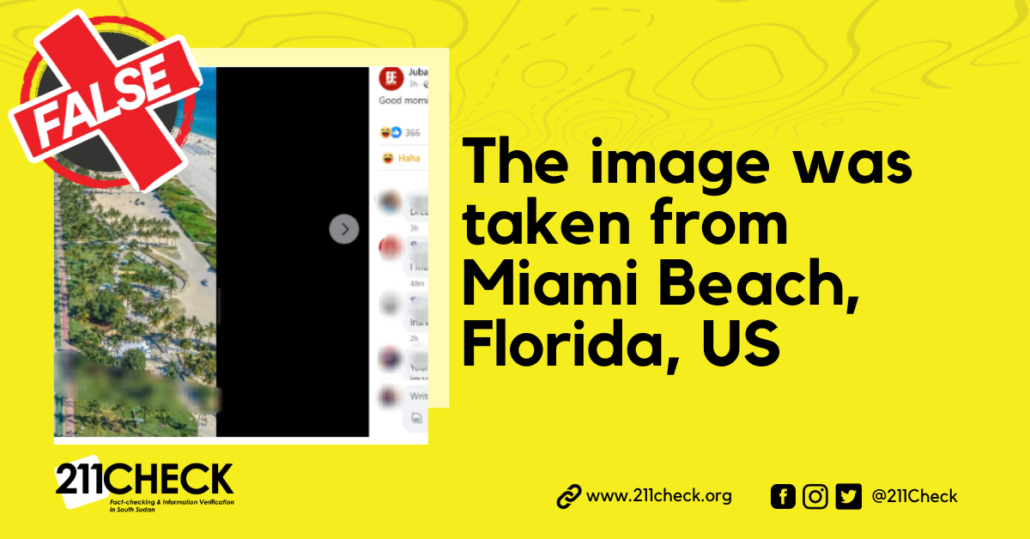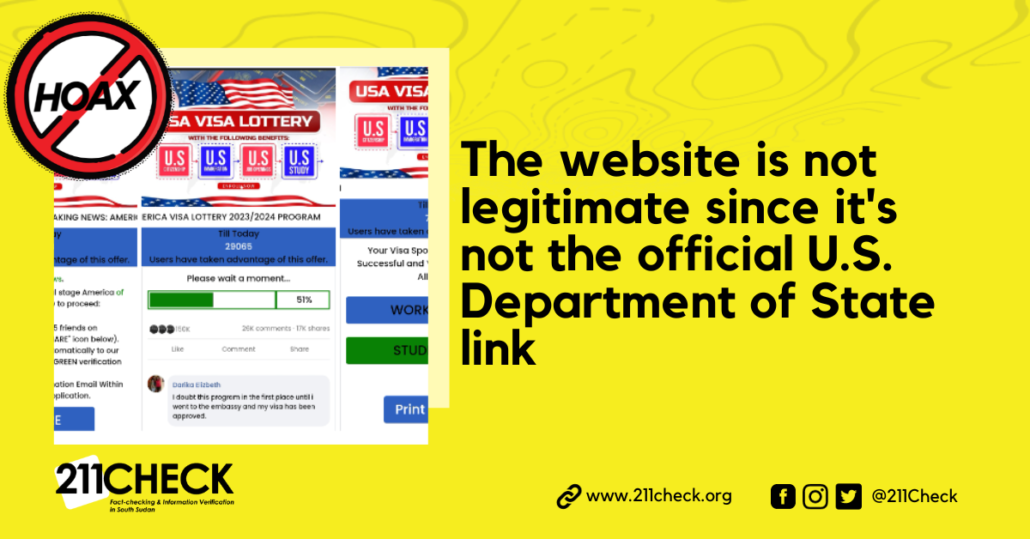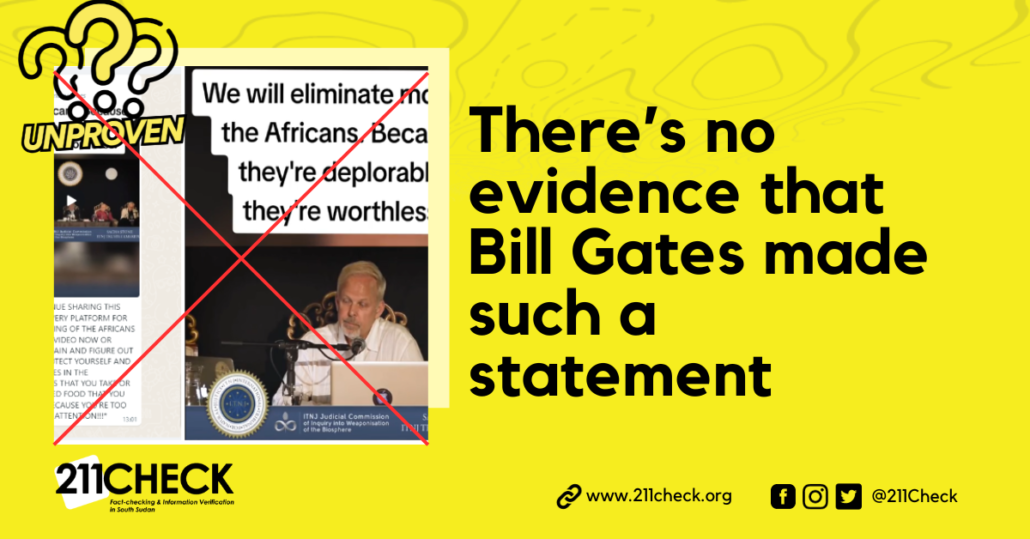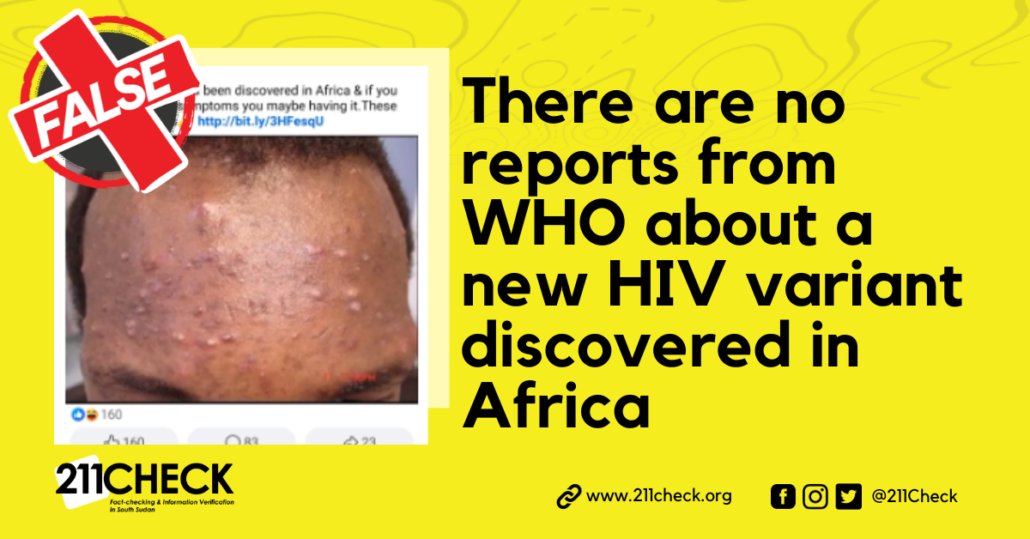Fact-check: Is this image of a hippo and a shark on the road during Kampala’s recent floods legitimate?
No, the picture has been digitally manipulated and is satirical.
Writer: Nancy Ceasar
An image of a flooded road with a car, a hippopotamus, a shark, and people on a boat shared on Facebook and claimed to be from Kampala has been altered.
The image was shared on September 11, 2023, with a post partly in Luganda that reads:
“In case you don’t know, this is Kampala after raining wetwogerako mbu tribalism (when we talk about something, they say it’s tribalism).”
The post attracted 600 likes, 306 comments, and 68 shares.
Screenshot of the picture posted
The premise of the statement appears to be the recent Kampala floods and Uganda’s recent politics that are marred with accusations and counter-accusations from the government and the opposition, especially the National Unity Platform (NUP), accusing each other of being tribalistic, as seen here, here and here.
The image has also been shared here.
Claim Verification:
211 Check investigated the picture using Google lens reverse search, which brought the original picture as previously posted on X (formerly Twitter).
The original picture, shared by Daily Monitor on 11th September 2023, shows the car driving through a flooded road. The picture was accompanied by a post that reads: “Motorists wade through a flooded section of 7th street in Kampala industrial area after the Monday morning downpour.”
Screenshot of the picture from X [ formerly known as Twitter]of Daily Monitor.
From the photo, it is clear that the other elements in the photo were digitally added to advance a particular context.
Further,sharks typically live in oceans to a depth of 2000 metres but can go lower.
On the other hand, hippopotamus live in rivers and lakes throughout sub-Saharan Africa. They seek refuge from the heat by living in water during the day, and at night they come to the shore to feed on grass and fallen fruits. It is, therefore, unlikely that they would be found in such a scenario.
A further review using ‘Image Edited?’ also revealed that the image under verification had probably been edited as the pixels only matched software editors.
Kampala floods:
Uganda’s capital, Kampala, has been experiencing recurrent floods after increased rains in areas around the Lake Victoria Basin. This has caused flooding in many parts of the city, as reported here, here and here.
According to Ugandan outlet New Vision, for September until December this year, the Uganda National Meteorological Authority said above normal (enhanced) rainfall is expected over several parts of Uganda, especially over the Lake Victoria Basin, the hilly areas of Rwenzori, and the Eastern region.
Conclusion:
The image of a flooded road with a hippopotamus, a shark, and people on a boat shared on Facebook and claimed to be from Kampala has been altered. Sharks and hippos only live in large water bodies.
This fact check was published by 211 Check with technical support from Code for Africa’s PesaCheck newsdesk through the African Fact-Checking Alliance(AFCA).
To ensure accuracy and transparency, we at 211 Check welcome corrections from our readers. If you spot an error in this article, please request a correction using this form. Our team will review your request and make the necessary corrections immediately, if any.
It’s vital to fight misinformation and disinformation in the media by avoiding fake news. Don’t share content you’re uncertain about. False information can harm and mislead people, risking their lives—Fact-check before sharing. For more details, visit https://211check.org/ or message us on WhatsApp at +211 917 298 255. #FactsMatter.

